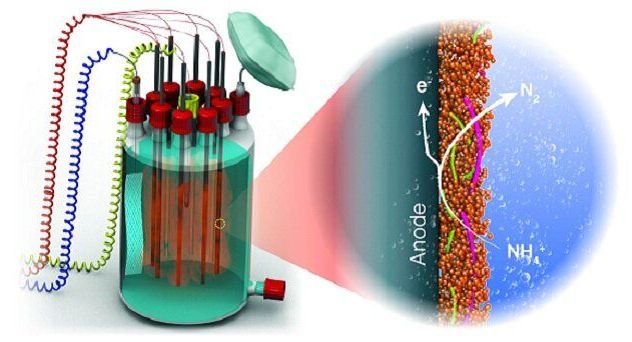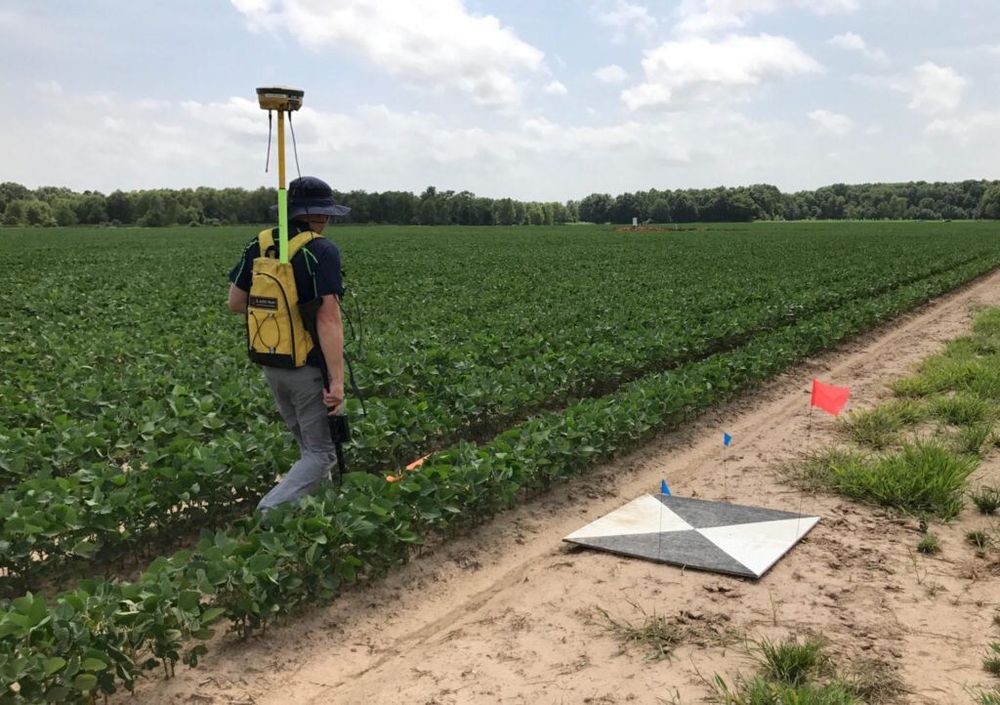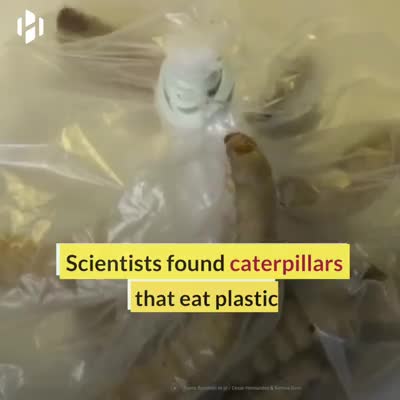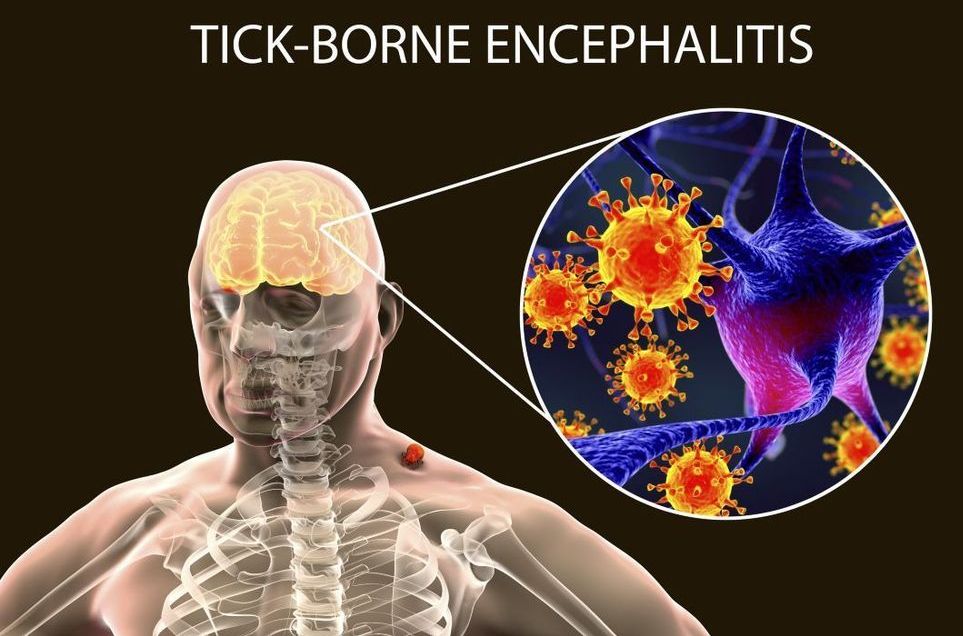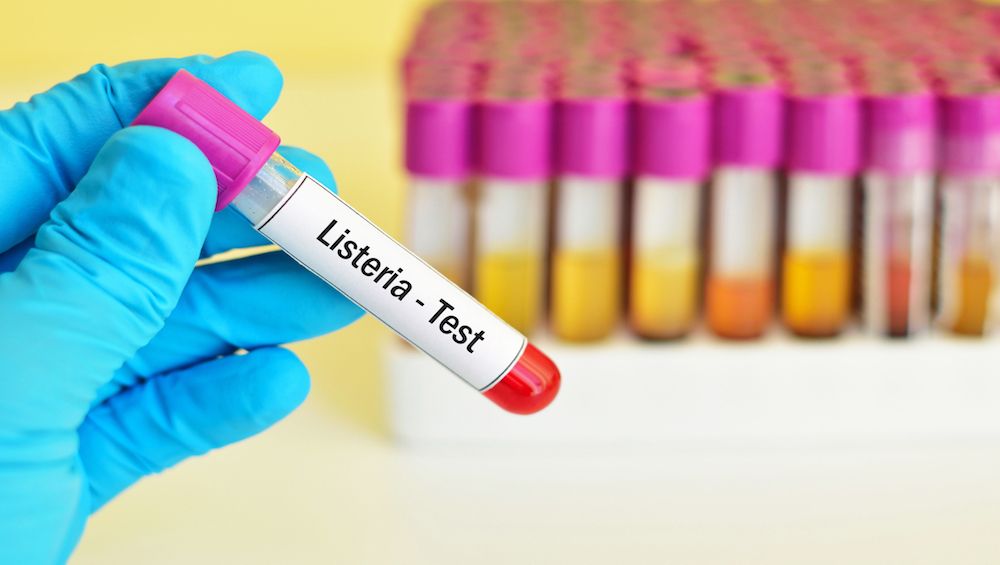Disinfecting spaces such as warehouses is especially critical during the COVID-19 pandemic, but doing so while keeping workers safe can be challenging. So MIT’s Computer Science and Artificial Intelligence Laboratory came up with a solution: use a robot that employs UV-C light to disinfect surfaces and neutralize aerosolized forms of coronavirus.
Through a collaboration with Ava Robotics and the Greater Boston Food Bank, CSAIL mounted a custom UV-C lamp on an Ava Robotics mobile robot base. The lamp neutralizes around 90% of surface microorganisms, according to CSAIL. The robot is initially operated by a remote user and subsequently works autonomously, and can disinfect 4,000 square feet of warehouse space in half an hour.
